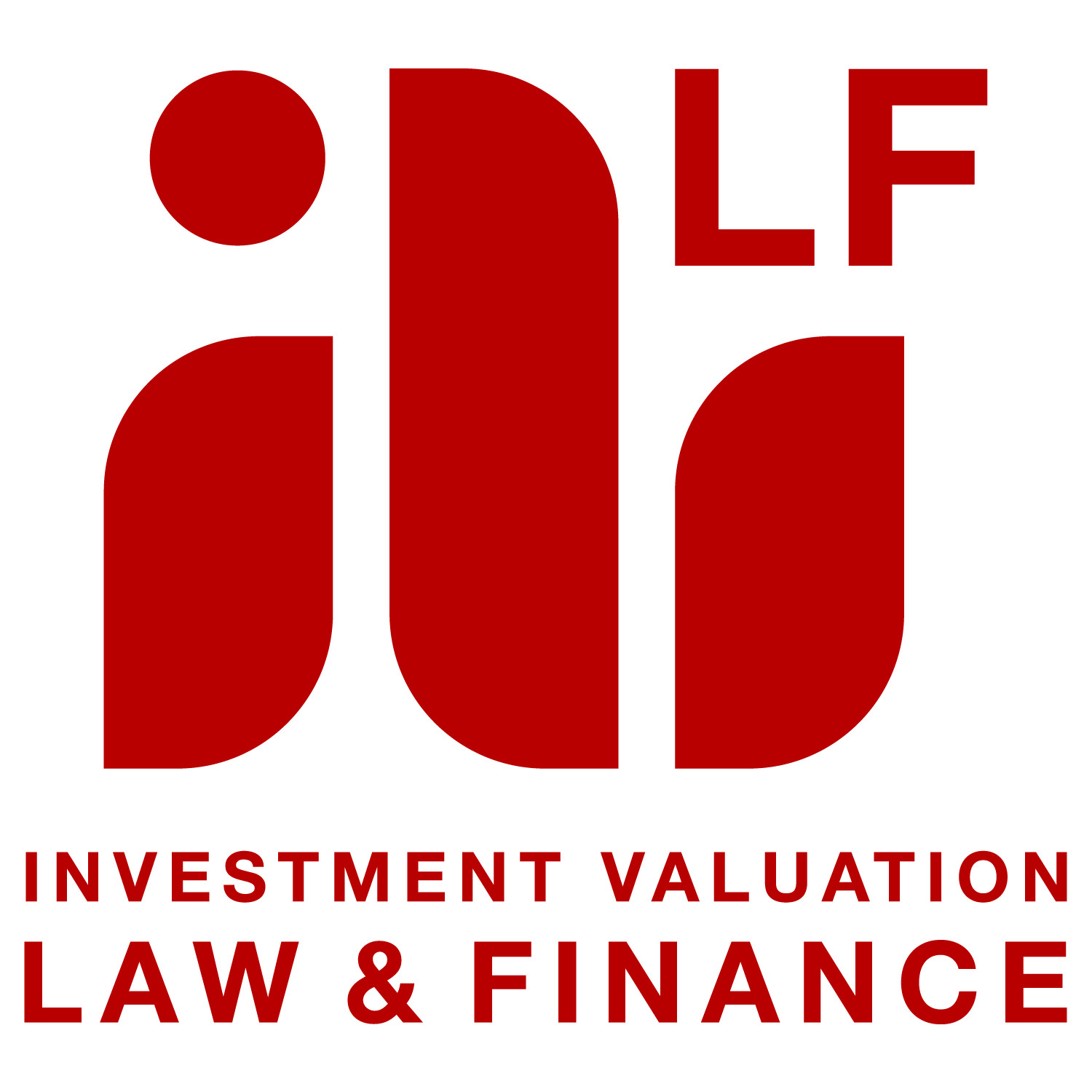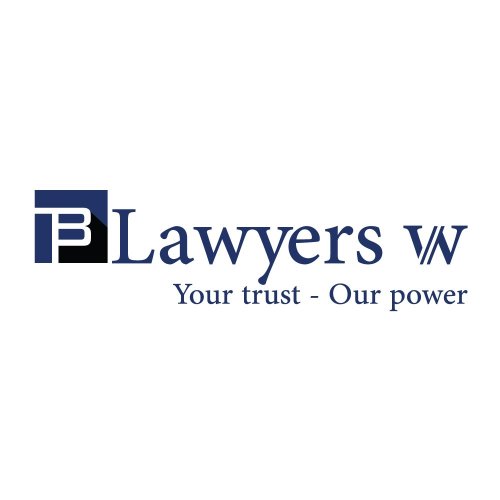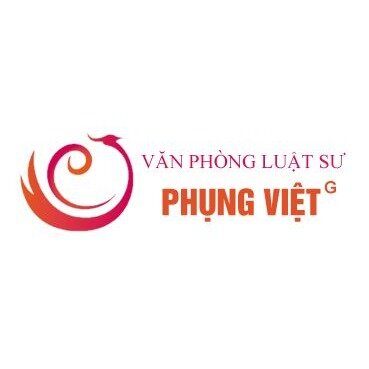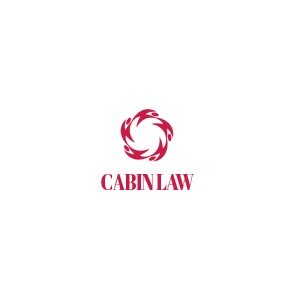Best ESG Advisory & Compliance Lawyers in Vietnam
Share your needs with us, get contacted by law firms.
Free. Takes 2 min.
Or refine your search by selecting a city:
List of the best lawyers in Vietnam
About ESG Advisory & Compliance Law in Vietnam
ESG, which stands for Environmental, Social, and Governance, has become increasingly significant in Vietnam's corporate and investment landscape. ESG Advisory & Compliance refers to the legal and strategic guidance provided to businesses to ensure they operate responsibly with regard to the environment, social issues, and corporate governance. In Vietnam, ESG compliance is shaped by a combination of local regulations, global standards, and growing stakeholder expectations. Adhering to ESG principles helps companies mitigate legal risks, improve sustainability, and attract foreign investment.
Why You May Need a Lawyer
Seeking legal advice on ESG Advisory & Compliance in Vietnam is important for several reasons. Companies may require legal help to understand new or evolving laws, align practices with global ESG standards, and prepare for due diligence by investors or partners. Typical situations include conducting ESG risk assessments, drafting or reviewing ESG-related policies, handling environmental compliance issues, addressing labor or community concerns, and disclosing ESG data as required by Vietnamese law or international investors. A lawyer can help you navigate these complex requirements while protecting your reputation and investments.
Local Laws Overview
Vietnam has introduced various laws and regulations supporting ESG objectives. Key legal frameworks include the Law on Environmental Protection, the Labor Code, and corporate governance requirements set by the Ministry of Planning and Investment and the State Securities Commission. Environmental laws enforce pollution controls and responsible resource usage. Social aspects are governed by regulations around employee rights, workplace safety, and community engagement. Governance is overseen with standards for transparency, anti-corruption, and disclosure. Additionally, new government directives are encouraging public companies and listed firms to publish ESG or sustainability reports, making compliance increasingly essential.
Frequently Asked Questions
What does ESG compliance mean for businesses in Vietnam?
ESG compliance means that a business adheres to legal and best practice standards on environmental protection, social responsibility, and governance. This includes reducing pollution, safeguarding social welfare, and applying transparent management practices.
Are there mandatory ESG reporting requirements in Vietnam?
For listed companies, particularly on the Ho Chi Minh Stock Exchange, there are mandatory sustainability reporting requirements that cover ESG factors. Non-listed companies may be subject to sector-specific regulations or voluntary reporting incentives.
What are the penalties for failing to comply with ESG obligations?
Penalties can include administrative fines, suspension of business activities, and, in severe cases, criminal liability for violations of environmental or labor laws.
How are ESG risks typically assessed in Vietnam?
ESG risks are assessed through legal audits, stakeholder consultations, environmental impact assessments, labor inspections, and reviews of governance systems to identify any non-compliance or areas for improvement.
Can foreign investors require Vietnamese companies to comply with ESG standards?
Yes, many foreign investors and partners expect Vietnamese businesses to demonstrate ESG compliance as a condition of investment, often aligned with international frameworks such as the Global Reporting Initiative or the UN Sustainable Development Goals.
Is it necessary to appoint a dedicated ESG officer or committee?
While not legally required, appointing an ESG officer or forming a committee can demonstrate a meaningful commitment to ESG principles and make compliance management more effective.
What are the most common ESG legal issues in Vietnam?
Typical issues include non-compliance with environmental standards, lack of transparency, labor rights violations, corruption risks, and insufficient disclosure of relevant data.
How can a lawyer help with ESG compliance in Vietnam?
A lawyer guides companies through local regulations, assists in policy drafting, helps implement best practices, represents businesses in governmental inspections, and manages legal risks related to ESG matters.
Are there industry-specific ESG regulations?
Yes, certain industries like manufacturing, energy, and finance are subject to additional ESG regulations concerning resource use, pollution control, and reporting requirements.
How can I stay updated on ESG regulations in Vietnam?
Businesses should regularly consult with legal counsel, attend training sessions, and follow updates from local regulatory bodies to stay informed about changes in ESG laws and best practices.
Additional Resources
Several resources and organizations can assist those needing information or guidance on ESG Advisory & Compliance in Vietnam:
- Ministry of Natural Resources and Environment: Oversees environmental protection laws and compliance standards.
- State Securities Commission: Regulates public company disclosures, including ESG or sustainability reports.
- Vietnam Chamber of Commerce and Industry: Provides ESG news, seminars, and policy updates.
- International organizations such as the IFC and UNDP: Offer technical assistance and guidance on ESG best practices in Vietnam.
Next Steps
If you need legal assistance in ESG Advisory & Compliance, start by assessing your company’s current ESG practices and identifying any known legal obligations or challenges. Gather relevant documents such as internal policies, environmental permits, labor records, or recent ESG reports. Consult a Vietnamese law firm or legal advisor with experience in ESG matters to conduct a compliance review or policy gap analysis. Ensure your chosen professional is familiar with both local regulations and international ESG best practices. Finally, implement recommended changes, provide staff training, and establish ongoing monitoring to maintain compliance and build a robust ESG framework for your business in Vietnam.
Lawzana helps you find the best lawyers and law firms in Vietnam through a curated and pre-screened list of qualified legal professionals. Our platform offers rankings and detailed profiles of attorneys and law firms, allowing you to compare based on practice areas, including ESG Advisory & Compliance, experience, and client feedback.
Each profile includes a description of the firm's areas of practice, client reviews, team members and partners, year of establishment, spoken languages, office locations, contact information, social media presence, and any published articles or resources. Most firms on our platform speak English and are experienced in both local and international legal matters.
Get a quote from top-rated law firms in Vietnam — quickly, securely, and without unnecessary hassle.
Disclaimer:
The information provided on this page is for general informational purposes only and does not constitute legal advice. While we strive to ensure the accuracy and relevance of the content, legal information may change over time, and interpretations of the law can vary. You should always consult with a qualified legal professional for advice specific to your situation.
We disclaim all liability for actions taken or not taken based on the content of this page. If you believe any information is incorrect or outdated, please contact us, and we will review and update it where appropriate.
Browse esg advisory & compliance law firms by city in Vietnam
Refine your search by selecting a city.

















